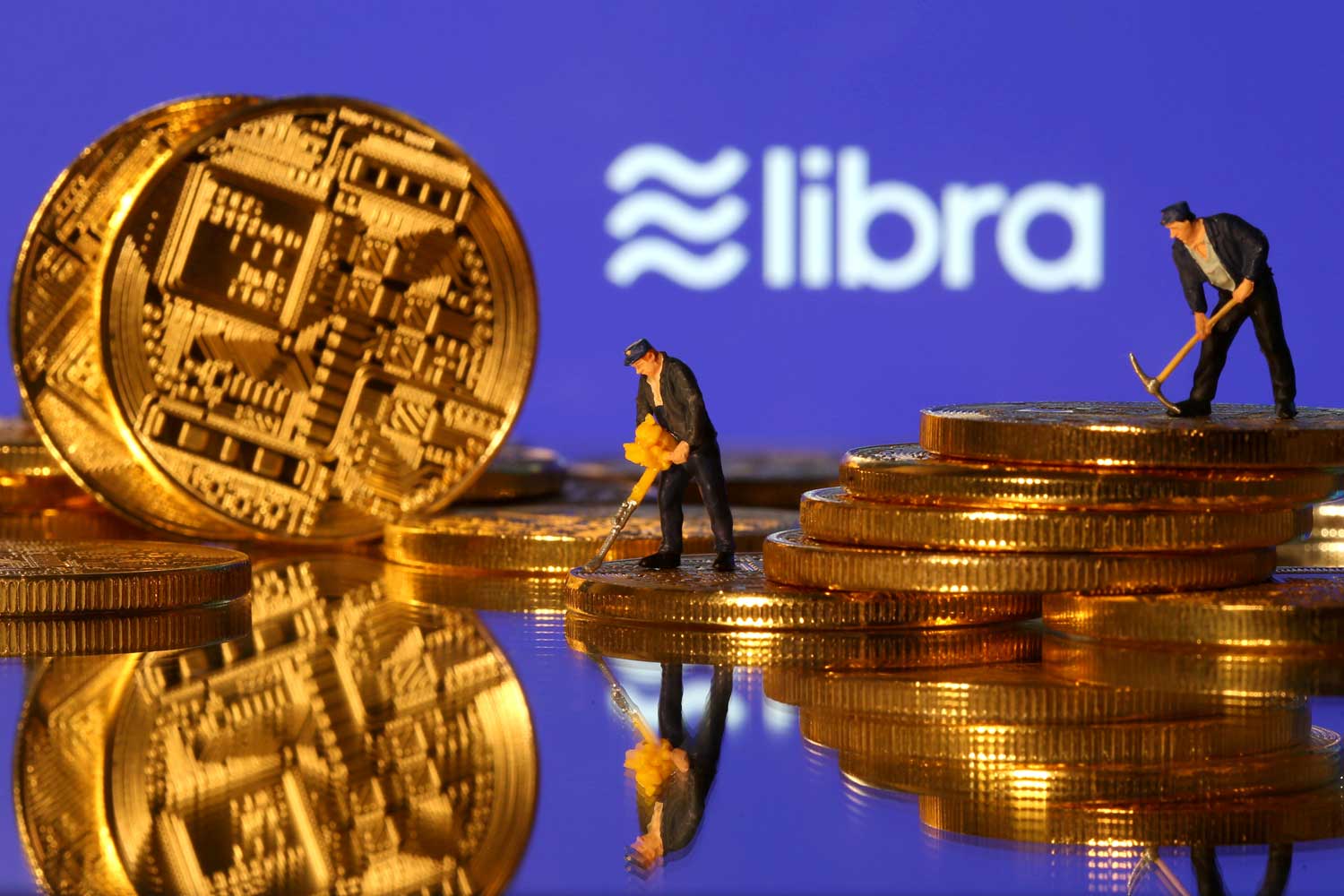
Bank of Thailand governor Veerathai Santiprabhob has toned down his hostility towards Facebook's digital currency plan, but he said prudent study of both the benefits and risks of the virtual coin is still needed.
The social media giant's Libra stablecoin would give more opportunities to Thais in financial access, he said, but the digital coin's operation and security system require study.
The central bank plans to monitor Libra's verification and authentication criteria, as well as compliance with money-laundering laws, which remain unclear at the moment, Mr Veerathai said.
Whether Libra will be able to replace traditional currency depends on people's trust in the currency and financial system.
"Replacing a national currency with a digital one is not easy, especially where people are confident in the local currency, the financial system and foreign exchange stability," Mr Veerathai said.
The central bank is in the process of scheduling meetings with Facebook and its partners for the cryptocurrency launch, the governor said.
Central bankers across the world poured cold water on Facebook's Libra plan, saying the digital coin raises concerns over privacy, money laundering, consumer protection and financial stability.
Mr Veerathai said Thailand now has the world's lowest digital payment cost after PromptPay's unveiling more than two years ago.
The fintech platform needs improvements in infrastructure system, standardised services, open-architecture framework and regulatory framework.
There are almost 50 million PromptPay registrants, with about 6 million transactions a day. The number of merchants accepting payments via standardised QR code has reached 5 million. The number of electronic payment transactions jumped to almost 700 million per month in May from 440 million 18 months ago.
Separately, Ronadol Numnonda, the deputy governor for financial institutions stability, said the wholesale Central Bank Digital Currency under Project Inthanon is entering the third phase under a collaboration with the Hong Kong Monetary Authority to explore interoperability among ledgers for cross-border funds transfer.
The third phase includes business modality and implementation of relevant foreign exchange regulations, aiming to reduce associated costs and enhance efficiency.